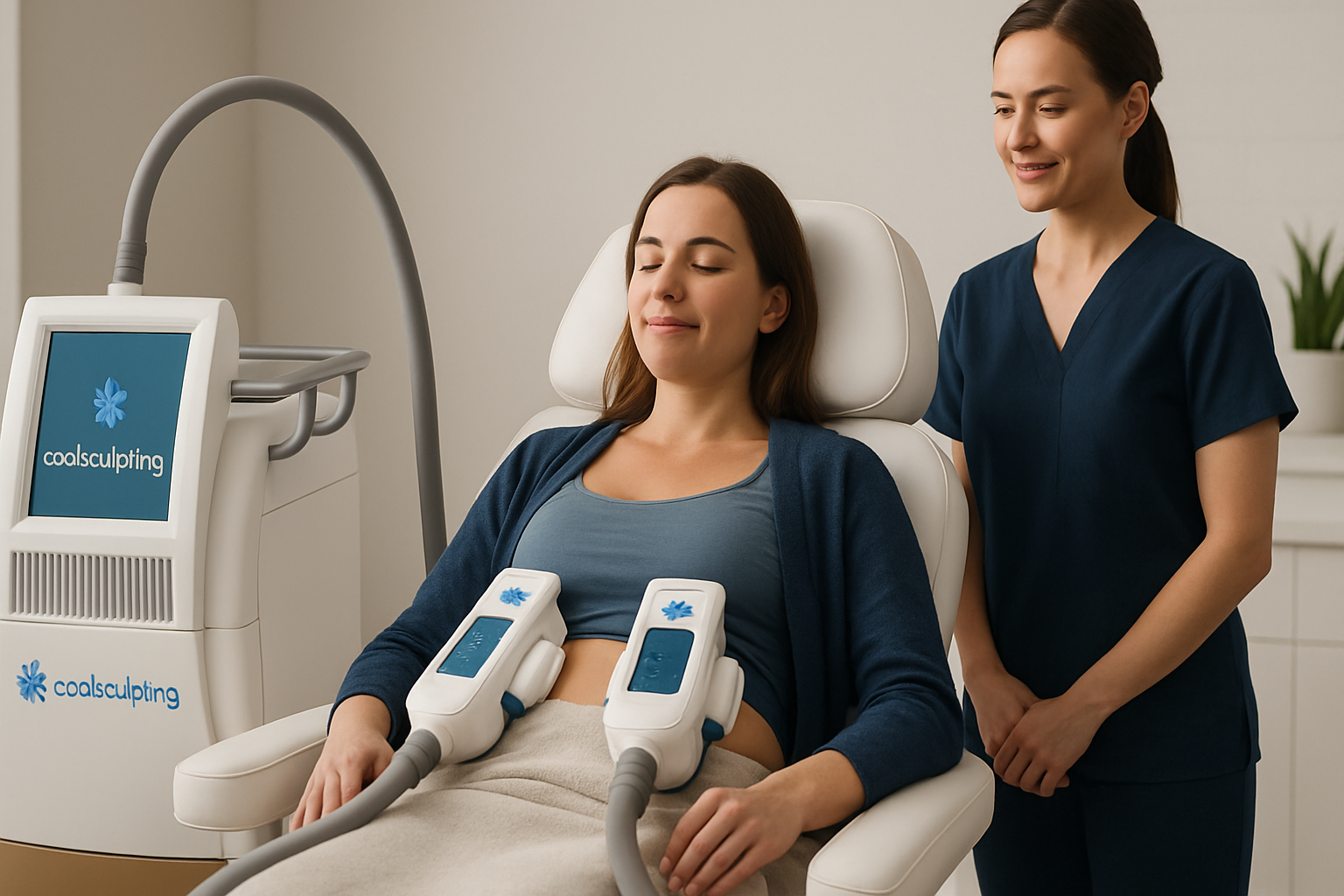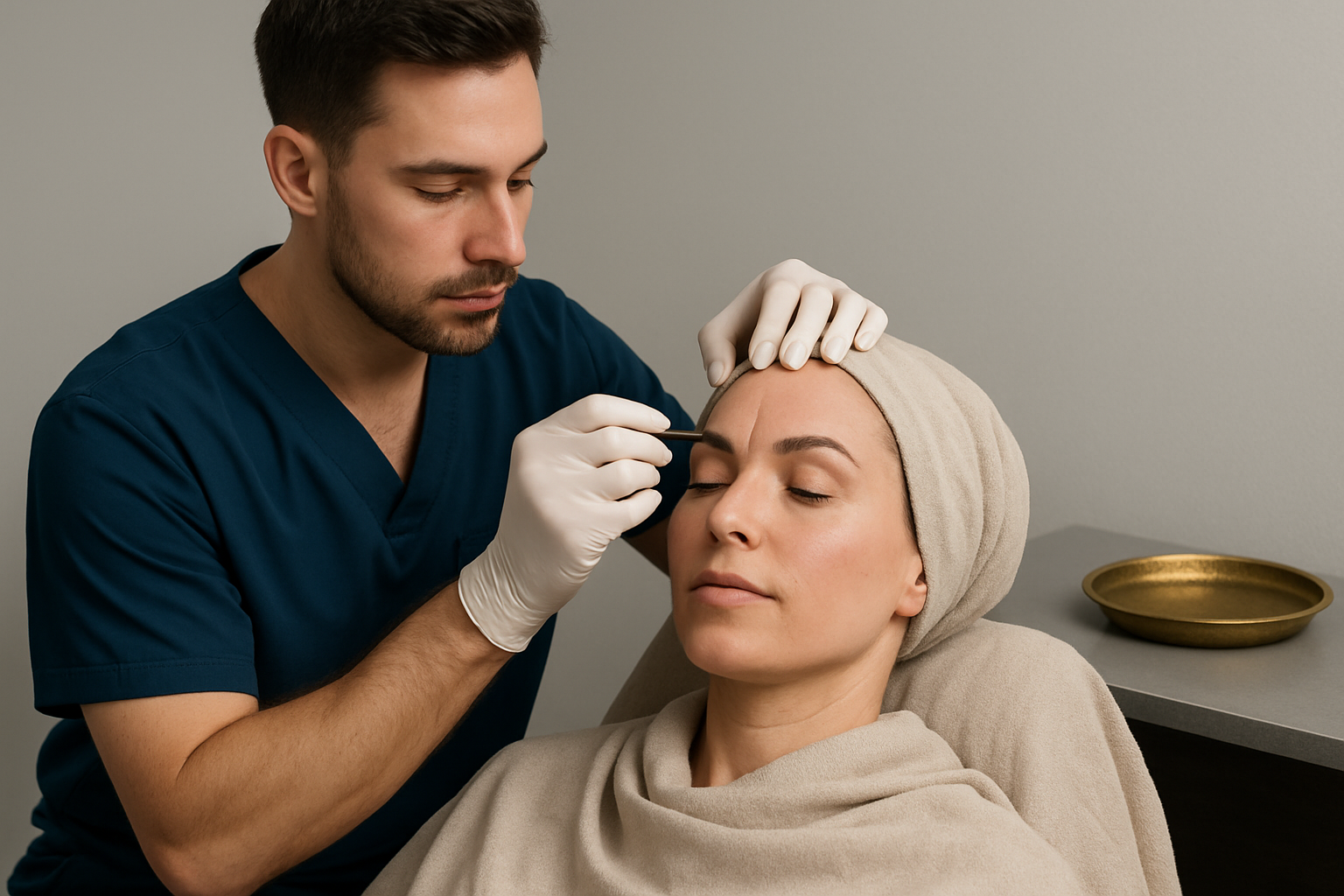Once reserved for hospital stays, IV therapy for wellness has found its way into trendy med spas, Instagram feeds, and the lives of wellness warriors everywhere. From promises of instant energy to “hangover cures” and anti-aging miracles, IV drips are having a serious moment. But is the hype justified? Does an IV bag really deliver the glowing, supercharged health results it claims—or are you just getting expensive, vitamin-fortified water?
Let’s separate science from spa marketing, bust the most common myths, explore what the evidence really says, and help you decide if IV therapy for wellness is worth rolling up your sleeve for.
Jump to:
TLDR – Quick Guide
- IV therapy delivers fluids, vitamins, and nutrients directly into your bloodstream for fast absorption.
- It’s not a magic bullet—but it can be helpful for select wellness goals and medical needs.
- Evidence is strongest for treating dehydration, vitamin deficiencies, and certain medical conditions.
- The “instant boost” claims are often exaggerated for healthy people.
- Not everyone should try IV therapy; professional screening is essential.
Detailed Breakdown
What Is IV Therapy for Wellness?
IV (intravenous) therapy infuses fluids, vitamins, minerals, and sometimes medications directly into your bloodstream via a vein. Clinics market “cocktails” for energy, skin health, immunity, athletic recovery, and even hangover relief. Common blends include B vitamins, vitamin C, magnesium, zinc, glutathione, and amino acids.
Why the buzz?
Unlike pills or food, IV therapy bypasses the gut, leading to 100% absorption of nutrients (in theory). For people with absorption issues or severe deficiencies, this can be game-changing.
Myths vs. Evidence
Myth #1: IV therapy is a miracle cure for fatigue, aging, or hangovers.
Reality:
There’s little scientific support for most of these wellness claims in healthy people. You may feel temporarily hydrated or refreshed, but the effects are usually short-lived unless you had a genuine deficiency or dehydration.
Myth #2: IV therapy is safer and more effective than oral supplements for everyone.
Reality:
IV therapy is not inherently better than oral vitamins for most healthy adults. The body regulates how much it absorbs from food and supplements; with IV, it all hits your bloodstream at once, which can be risky if done improperly.
Myth #3: The more vitamins you get, the better.
Reality:
You can get too much of a good thing. Overdoing certain vitamins (like B6 or vitamin C) or minerals can cause side effects or, in rare cases, toxicity.
What Does the Evidence Say?
- Medical Use: IV therapy is evidence-based for treating dehydration, severe malnutrition, vitamin/mineral deficiencies (like B12 or iron), and medical emergencies.
- Wellness Use: Limited peer-reviewed evidence supports routine IV vitamin drips for healthy people. Most benefits are anecdotal.
- Placebo Effect: Some people genuinely feel better after an IV drip—thanks to hydration, the placebo effect, or a brief vitamin bump.
- Potential Risks: Infection, vein injury, allergic reactions, or electrolyte imbalances—especially if IV therapy isn’t performed by a medical professional.
Who Should (and Shouldn’t) Try IV Therapy for Wellness?
Ideal Candidates:
- People with medical conditions affecting nutrient absorption (e.g., Crohn’s disease, celiac disease).
- Those with documented vitamin/mineral deficiencies.
- Individuals recovering from severe illness or dehydration (under medical guidance).
Who Should Skip It:
- Healthy people seeking a “quick fix” for energy, immunity, or beauty—benefits are rarely lasting or dramatic.
- Anyone with kidney, heart, or liver issues (risk of fluid overload or electrolyte imbalance).
- Pregnant or breastfeeding women, unless recommended by a healthcare provider.
- Anyone seeking IV therapy at non-medical, unsupervised locations (safety first!).
Key Takeaways
- IV therapy for wellness isn’t a cure-all: It may benefit people with genuine deficiencies or absorption issues, but is no substitute for a healthy lifestyle.
- Be skeptical of miracle claims: Evidence for routine IV drips in healthy adults is slim.
- Safety first: Always choose a reputable, licensed provider and avoid unregulated IV bars.
- Know your goals: Talk to a medical professional before trying IV therapy—what works for one person might not work (or be safe) for you.
- Hydration, nutrition, and sleep still rule: No IV bag can replace the basics of wellness.
FAQs
1. Is IV therapy for wellness safe?
When performed by licensed professionals and properly screened, IV therapy is generally safe. Risks increase with untrained providers or “pop-up” IV bars.
2. How quickly will I feel results from an IV drip?
If you’re mildly dehydrated, you may feel better in minutes. If you’re healthy, any boost is usually subtle and short-lived.
3. Are there side effects to IV therapy?
Possible side effects include bruising, infection, vein irritation, or rarely, allergic reactions. Overdoing vitamins or fluids can be harmful.
4. Can IV therapy replace a healthy diet?
Absolutely not. IV drips supplement—not substitute—good nutrition, hydration, sleep, and lifestyle habits.
5. How often can I get IV therapy?
Frequency depends on your health status and goals. For most, occasional use is plenty. Always consult your healthcare provider first.




